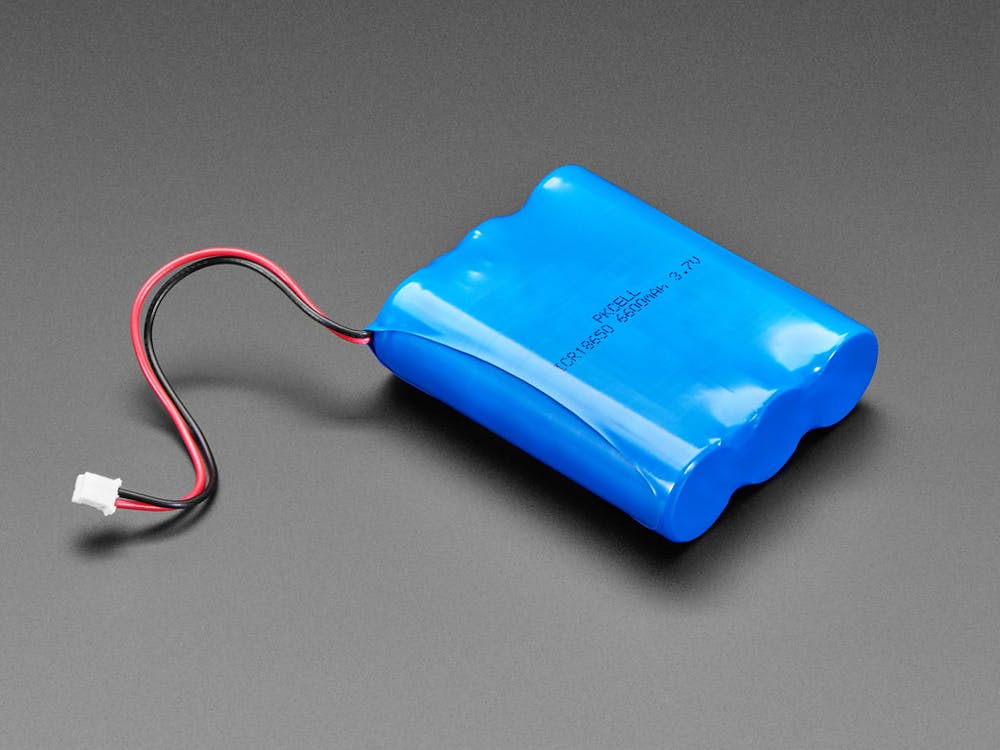The coronavirus has ignited many social and political issues. Racist discrimination and harassment have been observed around the globe, including in the United States.
On Feb. 1, a 23-year-old Chinese citizen in Berlin was beaten following racial harassment. On Feb. 16, a 24-year-old tax consultant with Thai heritage was verbally abused, robbed and assaulted in broad daylight after the assailants reportedly yelled “corona.” In the U.S., similar hate crimes have also occurred.
In a New York City subway station, an Asian woman wearing a face mask was physically attacked after being called a “diseased bitch.” A 16-year-old boy in California was bullied by his schoolmates after being accused of having the coronavirus, due to his Asian heritage.
The University of California at Berkeley, in its response to the coronavirus outbreak, claimed that “xenophobia” is a “normal” and “common” reaction to the coronavirus. The hate crimes are only accumulating and becoming more severe as the outbreak persists to transmit and infect people around the world.
The xenophobic reactions are not appearing out of thin air. This prejudice is a phenomenon known as sinophobia, which is discrimination against people of Chinese heritage.
In an interview with Vox, Professor Merlin Chowkwanyun of Columbia University’s Mailman School of Public Health explained how throughout history, communicable illnesses have often been associated with minority or foreign groups.
“Historically, in both popular and scientific discourse, contagious disease has often been linked, in a blanket way, to population groups thought to be ‘outsiders,’” he said.
Vox explained that China, as the most populated country in the world, is often naturally thought of by the Western cultures as a place of dirtiness, barbarism and backwardness.
Wendy Xie, a Hopkins alum from the class of 2019 who is originally from China, shared her personal experience of watching the coronavirus outbreak unfold in an interview with The News-Letter.
“We are victims too. We are suffering. Why are people blaming the Chinese for the coronavirus?” Xie said.
Xie was critical of the way Western media has reported the transmission occurring in China, as well as around the globe. The number of infected cases is simply a numerical count and nothing more; real patients and real lives are accounted as “death tolls” and a detached report of cases.
“The Western media is doing nothing to humanize the Chinese people. There is nothing letting us know what’s really happening in Wuhan,” Xie said.
In the meantime, on social media posts that show doctors in China traveling to Wuhan in an effort to help amend the lack of medical staff and supplies, there are regularly multiple comments suggesting that this is propaganda staged by the central government.
Xie herself has observed this phenomenon on some major Western social media sites, especially Facebook. With frustration, she indicated her belief that there is no need to make everything a political means to attack.
“These are doctors, and they are just doing their jobs,” Xie said.
As a future medical student, Xie expressed that the action of going into Wuhan to help is part of the basic morals of any practicing doctor. Saving lives and helping others are the reasons why people choose medicine as their career, she asserted.
Zora Liu, a senior from China, also shared her struggles coming back to the U.S. during the coronavirus outbreak.
Due to worries for her family and friends back in China, as well as the general worsening outbreak, Liu noted suffering depressed emotions and a drastic decrease in her desire to maintain a healthy social life.
Like many other Chinese students, Liu also started wearing masks to class in order to both protect herself as well as other students. She notes the difference between wearing masks in China versus in the U.S.
“Honestly wearing masks in another country is a lot of pressure. On the one hand it is a form of protection, but on the other hand, wearing masks is like putting on a ‘danger’ sign which forms an invisible barrier around us,” Liu said.
When asked what could be done to address sinophobic sentiment, Xie suggested that the Western media could focus more on the human aspect of this outbreak, rather than simply counting death tolls and numbers infected from a macro-perspective.
Xie expressed her view that the world needs to see what is really going on in China, especially in the city of Wuhan, where doctors are putting patients’ lives above staying safe with their own family, and where patients are alone and homeless because the medical resources have maxed out and they want to prevent their family from becoming infected.
Like Xie, Chinese people around the world want the media to shine light on a new perspective, and for the world to regard Chinese people as victims of this ferocious outbreak, not perpetrators.
“I’m just really frustrated. None of us meant for this to happen,” Xie said.
Fortunately, Xie has not experienced any discriminatory actions or words at Hopkins. However, it is the wish of the entire Chinese student community for the Hopkins administration to not only address issues occurring on the physical health level, but also that from the sinophobic sentiments all over the world.
“For a lot of us, the damage is the microaggressions we experience in everyday life,” Xie said.
Nobody can prevent the occurrence of disaster, but it is how we react to it that matters. During this critical time, it is important for the Hopkins community to support and care for each other. We should create an inclusive and safe environment in the face of adversity and trouble.
















